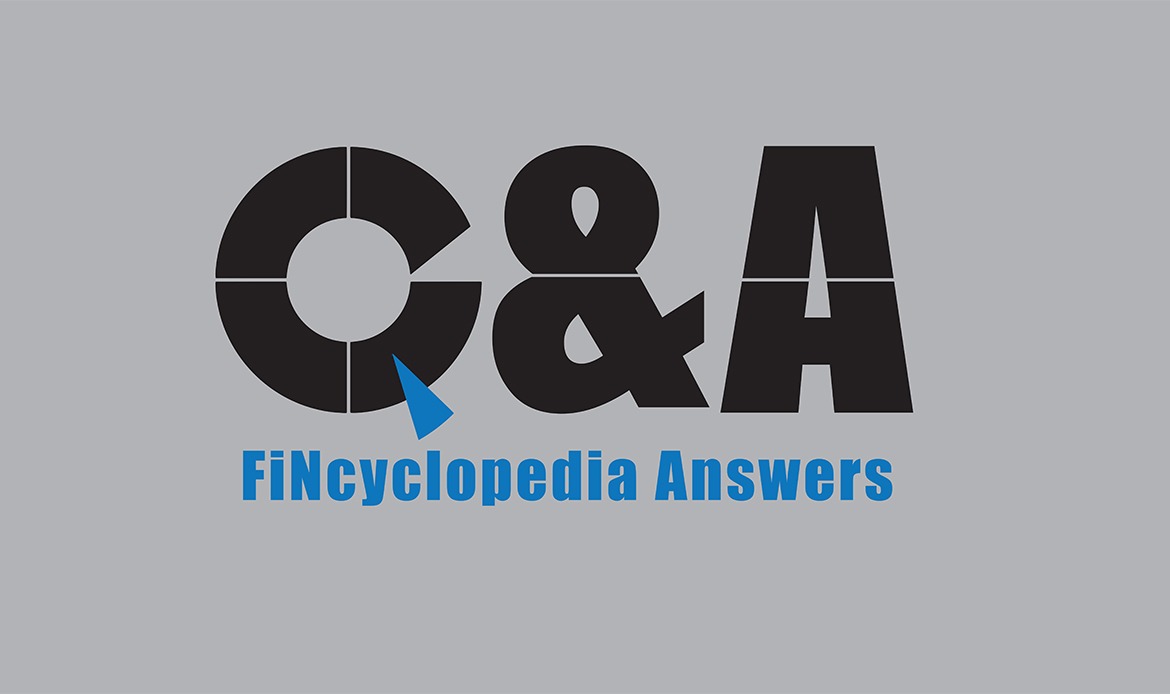Shari’ah refers to all divine injunctions and revelations pertaining to human life whether in relation to worship (relationship between humans and their Creator) or dealings (relationships between humans), while fiqh is a subset of shari’ah that is confined to understanding human acts and the extent of legality and legitimacy of such acts. The following table pins down the main points of distinction between shari’ah and fiqh:
| Shari’ah | Fiqh |
| Shari’ah is more comprehensive as it governs all human actions. |
Fiqh focuses primarily on the legality and illegality of human acts. |
| Shari’ah doesn’t evolve over time as it was revealed in complete and final form. In other words, it body of rulings and precepts is complete and unvarying over times or across places. |
Certain aspects and rulings of fiqh inherently have the ability to evolve from time to time and to differ from one particular place or country to another due to changes and differences in circumstances, ways of application and society-specific traditions, etc. |
| Shari’ah covers the aspects of aqidah (faith), akhlaq (ethics), and fiqh. |
Fiqh is one building stone of shari’ah. It is just one aspect of Islamic jurisprudence. |
| Shari’ah is principally based on divine and prophetic sources (Quran and Sunnah). The former is the words of Allah as revealed by oracle, whilst the latter is the traditions (acts and sayings) of the Prophet (pbuh). |
Fiqh uses reasoning and scholarly methods to deduce new rulings for emergent cases and events. In so doing, fiqh uses shari’ah tools and precepts while taking into account human knowledge and deliberation. |





Comments